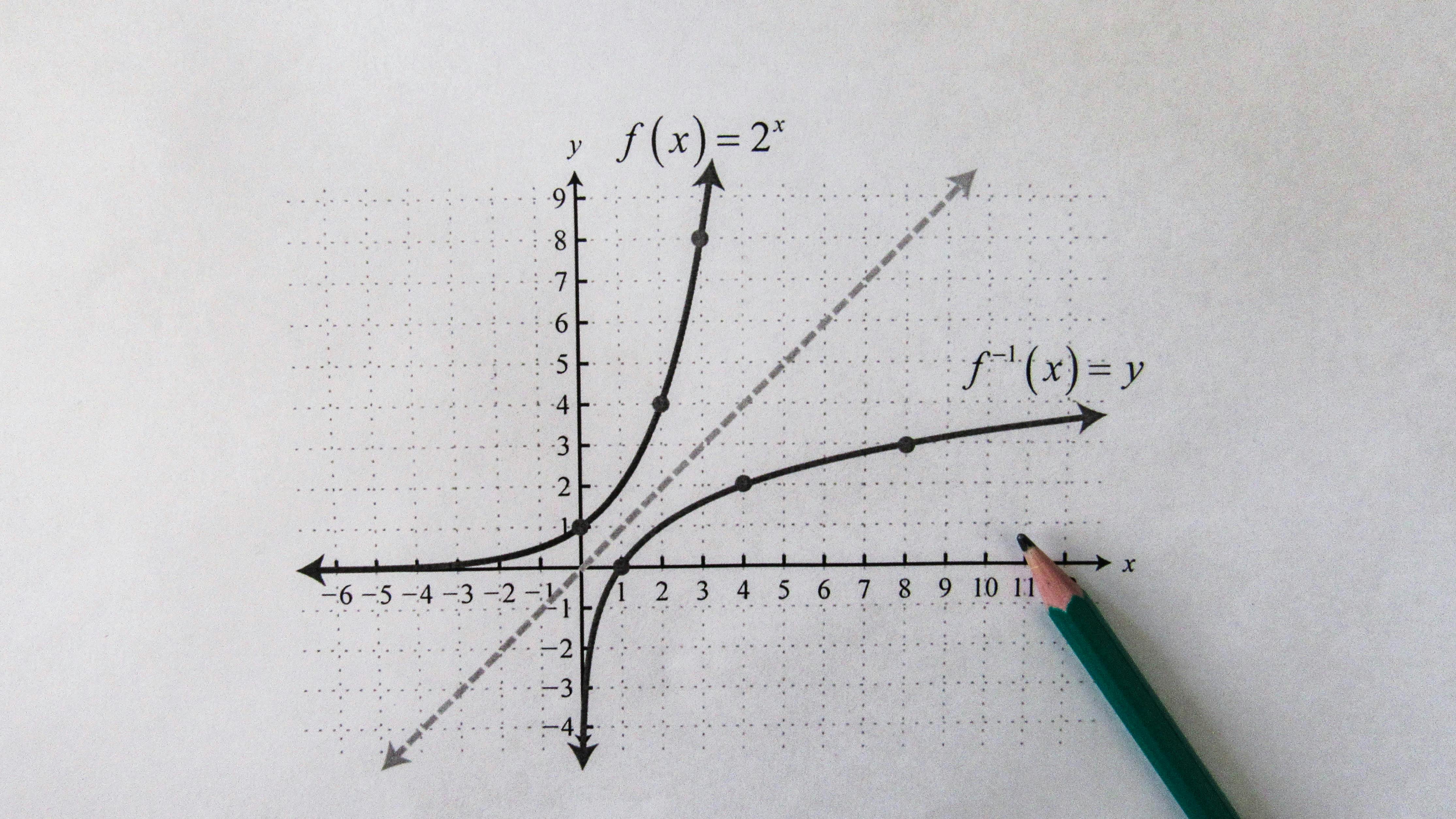
Mathematics is one of the most essential subjects in a student’s education, forming the foundation for advanced studies in science, technology, engineering, and everyday problem-solving. While teachers and tutors provide structured instruction, parents play a crucial role in supporting math learning at home. With the right guidance, encouragement, and resources, parents can help their children build confidence, improve performance, and develop a positive attitude toward math.
Why Parental Support in Math Matters
Many students struggle with math anxiety or lose confidence when concepts become challenging. This is especially common in middle school and high school math, where topics like algebra, geometry, and functions can feel overwhelming. Parental involvement helps students:
- Stay motivated and consistent with practice.
- Develop a growth mindset that mistakes are part of learning.
- Build connections between math in school and real-life applications.
Research shows that students perform better academically when parents are engaged in their education. Math is no exception.
Simple Ways Parents Can Support Math Learning at Home
- Create a Positive Attitude Toward Math
- Avoid saying “I was never good at math.” Instead, encourage your child by emphasizing that math skills improve with practice.
- Celebrate small wins, like solving a difficult homework problem.
- Provide a Structured Environment
- Set aside consistent study times for math practice.
- Create a distraction-free zone for homework and preparation before tests.
- Use Real-Life Math Applications
- Cooking (measuring ingredients, fractions), shopping (calculating discounts, taxes), and budgeting (percentages, interest) are practical ways to show how math applies to everyday life.
- Stay Involved Without Taking Over
- Ask guiding questions rather than giving answers directly.
- Encourage your child to explain their thought process. This deepens understanding and strengthens problem-solving skills.
- Collaborate with Teachers and Tutors
- Stay in touch with teachers to monitor progress and identify challenges early.
- Consider one-on-one math tutoring in Aurora, Richmond Hill, or Newmarket to give personalized support that complements classroom learning.
Tutoring and Parental Support: A Powerful Combination

While parents play a key role at home, sometimes extra help is needed. A qualified math tutor can break down difficult concepts, prepare students for tests, and provide strategies tailored to the Ontario math curriculum. Parents can then reinforce these lessons at home by encouraging practice and maintaining a positive outlook.
For example, if a Grade 9 student is learning functions, a tutor can introduce problem-solving techniques while parents support by encouraging regular review sessions and helping with study organization.
Final Thoughts
Parents don’t need to be math experts to support their child’s success. By creating a positive environment, showing interest, and working with teachers and tutors, they can help build both math skills and confidence. With the combined effort of school, tutoring, and home support, students are far more likely to thrive in mathematics and develop lifelong problem-solving abilities.
[mc4wp_form id="8"]



